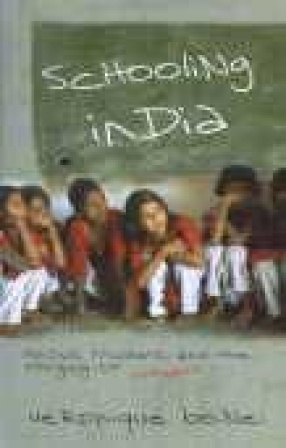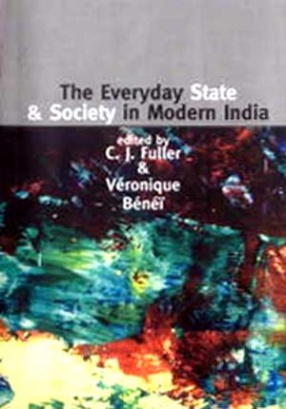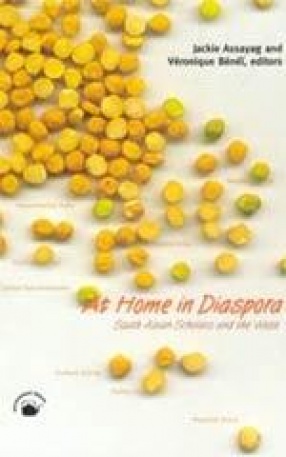"This book explores an important yet often overlooked aspect of nationalism – its embodied and emotional dimensions. It does so by focusing on a neglected area, that of elementary education in the modern state.
Through an ethnographic study of primary schools in western India, Veronique Benei examines the idioms through which teachers, students and parents make meaning of their political world. She articulates how urban middle- and lower-class citizens negotiate the processes of self-making through the minutiae of daily life at schools and extracurricular activities, ranging from school trips to competitions and parent gatherings.
To document how processes of identity formation are embodied, Benei draws upon historical and cultural repertoires of emotionality and language-use. Her book shifts the normal focus of attention away from apocalyptic communal violence – she looks instead at everyday or 'banal nationalism'. Attentive to the formulation of senses of belonging', she explores the sensory production and daily manufacture of nationhood and citizenship, as well as how nationalism is nurtured in a nation's youth.
Historians, sociologists, students of politics and nationalism as well as educationists will be enriched by this careful and detailed study of the often ignored nuances involved in the making of communities such as Hindus and Muslims within the framework of the Indian nation."






There are no reviews yet.